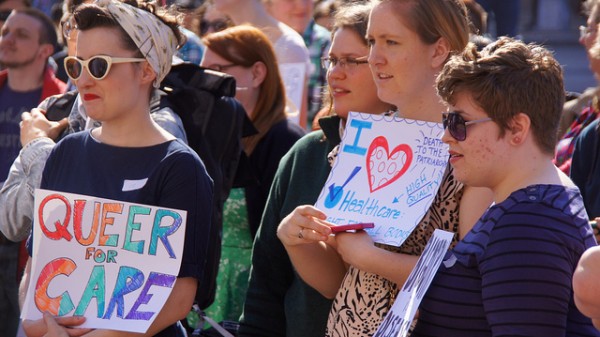
Reintegration into society is crucial for ex-combatants who were previously involved in armed conflict, yet repeated offenses often impede successful transitions. This problem can be seen first hand in Colombia, where approximately 20 percent of former combatants from guerrilla and paramilitary groups engaged in illegal activity since demobilization of armed conflict. The Colombian government has responded by supporting educational resources, counseling, health care, employment, and financial assistance programs for former combatants. Successful reintegration, however, also involves determining which individual and social factors influence some ex-combatants to commit crime and others to lead a crime-free life.
Oliver Kaplan and Enzo Nussio use event history analysis to predict the time until ex-combatants are arrested, combining 2008 Fundación Ideas para la Paz (FIP) survey data of 1,485 ex-combatant men and women from both guerrilla and paramilitary groups with police records documenting arrests and captures through June 2012. Additionally, they conducted 98 interviews with ex-combatants from 2008 to 2010 to determine potential motives for returning to criminal activity.
Findings indicate that former combatants who initially joined guerrilla or paramilitary groups for personal motives are more likely to commit crime after demobilization. This effect was even stronger for former paramilitaries. In contrast, those who are deterred by police, held strong family ties, achieved more education, and had children are less likely to return to illegal activity after armed conflict. Factors such as threatened security and worsening economic opportunities, however, showed little effect on recidivism. Kaplan and Nussio also note the importance of gender reintegration, as women may face sexual violence and men may experience feelings of emasculation after losing their military status. Studies like this show a clear link between “street crime” and other forms of armed conflict — and the common reintegration challenges they pose for individuals and societies.







